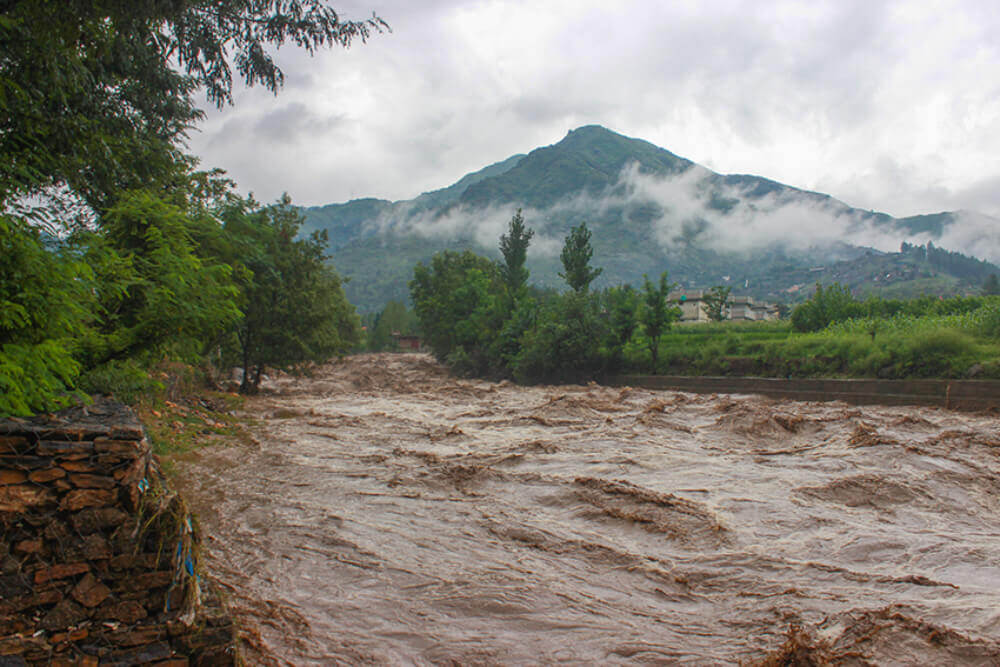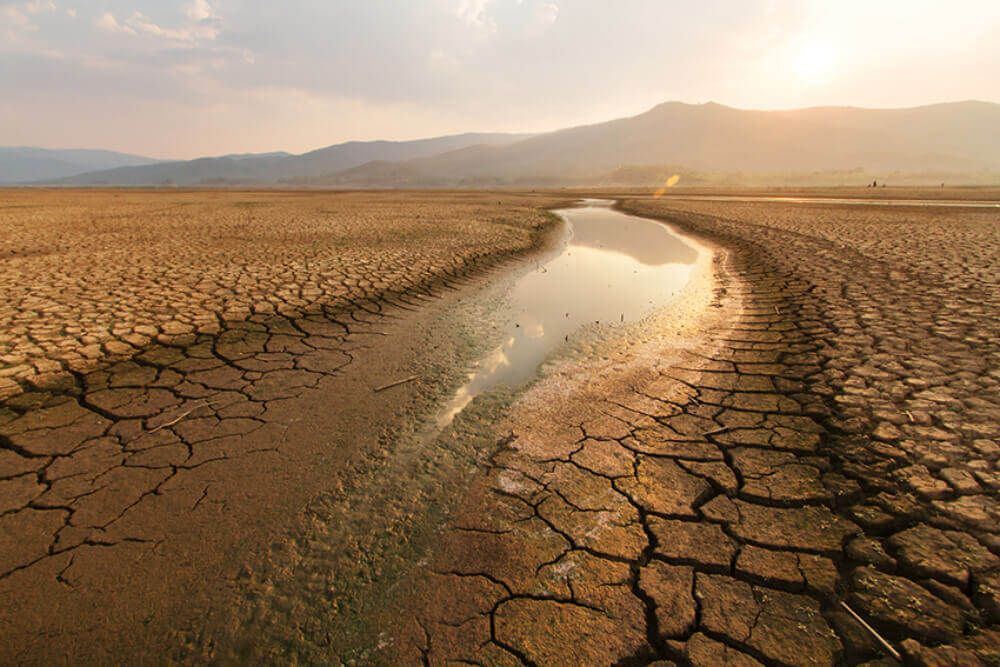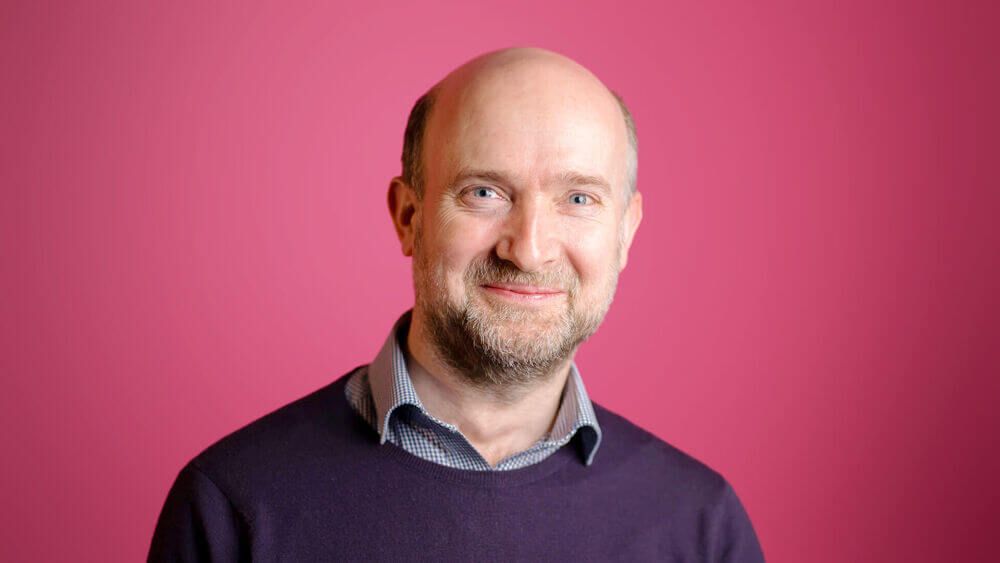We've signed the UN's Climate Neutral Now Pledge
Inside Atom

We’re absolutely delighted to be the first UK bank to sign the UN’s Climate Neutral Now Pledge, a voluntary agreement to become carbon neutral.
This commitment aligns with our recent announcement that Atom will be a carbon positive business by 2035 — going beyond net zero and committing to taking more carbon out of the environment than we are responsible for emitting.
We have also published the results of our first carbon report, detailing all of the carbon emissions associated with running our business, taking into full account our suppliers’ as well as our own and our people’s work-related emissions.
What is the Climate Neutral Now Pledge?

The Climate Neutral Now Pledge is a voluntary agreement derived from the United Nations’ Climate Neutral Now Initiative, a global programme to increase climate action amongst companies, organisations, individuals and the public sector.
The Initiative encourages organisations to act now to achieve a climate neutral world by 2050, as enshrined in the Paris Agreement of 2016, and the Pledge can be signed by any entities that wish to adopt this goal and follow the UN framework for reducing carbon.
Atom bank is going further and faster than this by targeting carbon positivity by 2035, but the Initiative provides a clear and public basis for tracking our actions and maintaining a dialogue with like-minded companies and organisations.
There are four key steps that the UN recommends signatories follow:
- Measure: Quantifying emissions and identifying main sources of fossil carbon use
- Reduce: Identify potential reductions and plan and implement actions
- Contribute: Choose a project and contribute
- Report: Assess results and revise, then communicate
Why is the Climate Neutral Now Pledge more important than ever?

You’ve probably heard of the COP27 meeting of heads of government that is happening in Egypt right now. This is shorthand for 27th annual Conference of the Parties to the 1990 UN Framework Convention on Climate Change — a reminder that climate change is not a recently-recognised issue. However, climate change is having a clearer and increasingly significant impact on lives and livelihoods around the world, stimulating the Secretary General of the UN (the UN’s CEO) to open COP27 by saying that:
“We are in the fight of our lives. And we are losing.”
Given everything else that is happening in the world, this stark warning reflects the evidence of rising global temperatures, increasingly extreme patterns of rainfall and drought, and sea level rises that threaten coastal communities — and some entire nations — all over the world.
The UN has stressed that the coming decade will be decisive in whether action on climate change will, ultimately, make a difference in tipping the balance back towards a world capable of maintaining the global economy and the wider world of biodiversity and natural resources that we rely on and thrive alongside.
Regulators and national governments have also recognised the key role that banks play in funding future investment in parts of the economy responsible for the majority of emissions, such as housing, infrastructure, transport, agriculture, offices and factories.
To give some idea of the scale of the challenge for our economy to reach net zero, the emissions just from heating and running our houses in the UK are greater than all the emissions from the country of Nigeria, which has a population of 185 million people.
So, alongside our commitment to the UN, we are increasingly under scrutiny from our regulator and the government to prove we are taking the risks — and the opportunities — from climate change seriously in the way we assess our lending decisions and in how we use our capital. This oversight and the need to integrate climate thinking into our decisions and our products and services is only set to increase in the next few years.
So what actions are we taking at Atom bank?

There’s a lot more to come as we move along the journey, from reducing our own emissions to taking responsibility for the emissions that we are funding. But there are already actions that we’ve taken to meet the challenge of reaching carbon neutral.
The first step was to acknowledge that there is a challenge. Making our pledge to the UN — and to each other — is a clear commitment that matters as it is public and reportable.
We began to measure our emissions on a systematic basis — in line with the UN’s expectations — a year ago, and the carbon report with Alectro that we have published is a result of that work. We will repeat this exercise every year from now on, holding ourselves to account by including a target for carbon emissions on our strategic scorecard. This means that everyone is aware of what we are trying to do and that part of all our bonus is dependent on hitting that target.
You can read the results of that report in detail here. And it tells a good story — at 463 tonnes of carbon dioxide equivalent (tCO₂e) our emissions for 2021 are low by comparison with other businesses and other banks. This equates to just over 1tCO₂e per person who works at Atom — and we included everything in our assessment of what it takes to run our bank.
This reflects some decisions that we made a long time ago that were informed by the desire to be a low impact, low cost business. For example, our Rivergreen HQ is a building that was designed and built well before its time, and we are very proud to have lived here with very low fossil fuel usage for the last six years.
And, our choice of Google as a cloud service provider not only means that our use of tech and power scales with the bank’s needs, but that we also have a partner who recognises their role in minimising their own use of fossil fuels for a climate neutral future.
That said, we still acknowledge that there is a lot of work to be done going forwards. The next stage of our journey has been to identify steps we can take to reduce our footprint even further and put them into action. This is something that we’re well on the way with, and we’ve agreed or already actioned several initiatives, including:
- A four-day week: We introduced and completed a successful trial of a four-day week and have now introduced it on a permanent basis. Alongside our flexible working pattern this has many benefits, like cutting commuting and working from home emissions by at least 20% in a year.
- Improving our approach to recycling and reusing tech equipment: Having already run a separate food waste collection, we will further take steps to reduce consumable waste and to increase our recycling of everything that comes into the Atom estate, including our tech hardware.
- Clean and transparent supply chain: We will review our supply chain going forwards, making conscious choices to substitute in favour of goods and services that have a low, or better still zero carbon footprint. This is reflected in our adoption of an Environmentally preferable purchasing (EPP) policy.
- Making electric vehicles more accessible: We plan to introduce a salary sacrifice scheme to make electric cars accessible for employees. Electric bicycles are already eligible for our Cycle to Work scheme. More charging capacity will be installed to add to the (free) charging that we have available.
- Employee workshops and sustainability programmes: We have established a sustainability working group and will run a series of sessions providing tips and advice for sustainably working from home, enabling employees to make better informed decisions on a day to day basis.
The next frontier is to challenge ourselves to reduce the emissions from the businesses and the households that lend to us. This is a huge opportunity for the global economy, of which we are just one small part. We won’t be able to reduce every emission to zero, so we will — as the pledge requires — commit and invest in projects that lock up carbon from the atmosphere and reduce emissions elsewhere in the economy.
We’ve got some really exciting and engaging plans going forward, and we hope to make some of our first investments very soon. We will update more on that as soon as the deals are done, but please let us know what more we can do and how we can help you to help us all with this existential challenge.
